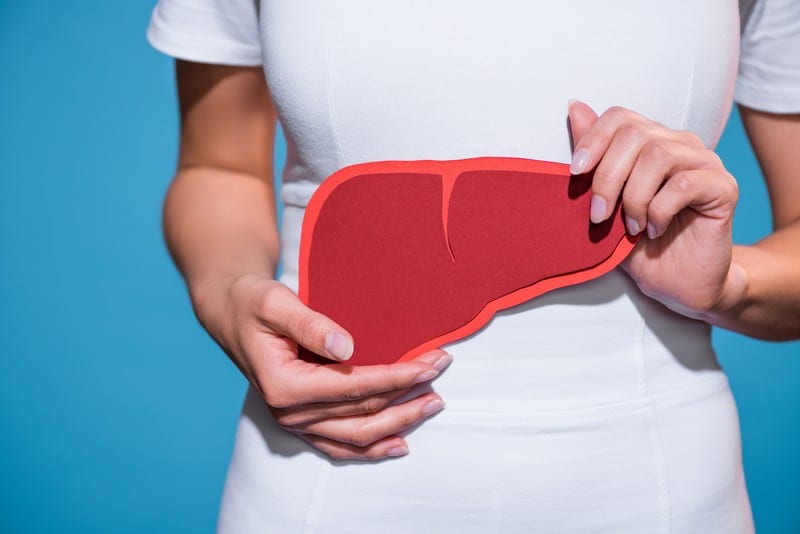Liver Health

By boosting phase II biotransformation enzymes, chlorophyll may also offer protection to healthy cells and body tissue. These encourage the body’s natural removal of potentially dangerous pollutants and good liver health.
According to some preliminary animal studies, chlorophyllin may lessen the risk of aflatoxins-induced liver damage or liver cancer by boosting the activity of these phase II enzymes and eliminating body poisons. Only animal models or test tubes have been used to study the anti-cancerous properties of chlorophyll. Referencing a paper published in Food Chemistry and Toxicology, liver cancer was less common in rainbow trout reared tanks with liquid chlorophyll. It has not yet been confirmed that the same would happen if people used chlorophyll.
It has been demonstrated that chlorophyll improves the liver’s inherent capacity to eliminate waste and poisons from the body. Detoxification is the name given to this procedure. Experts first discovered these characteristics of chlorophyll approximately 30 years ago in a study on human and rat livers. In particular, researchers discovered in this study that chlorophyllin, a copper/sodium salt of chlorophyll, protects against liver damage. It may also prevent liver cancer by enhancing the detoxification process.










